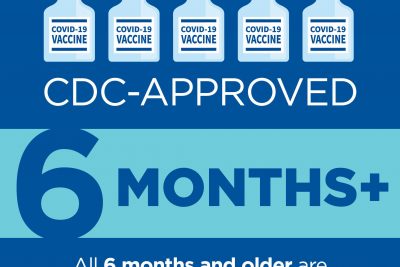Swollen lymph nodes are a common complaint in children and are almost always a harmless and temporary finding. In rare cases, however, swollen lymph nodes can signify a more serious illness. The treatment of swollen lymph nodes, therefore, depends on a number of factors. The workup can range from observation alone to more extensive testing and treatment.
What are lymph nodes?
Lymph nodes are small, bean-shaped structures found throughout the body. They are a part of the body’s immune system. They filter lymphatic fluid and contain white blood cells (called lymphocytes) that help fight infections. The most common reason for enlarged or swollen lymph nodes is an infection, including typical illnesses in kids such as colds, ear infections, and throat infections. Very rarely, however, enlarged lymph nodes can be a sign of a serious condition such as cancer or autoimmune disease.
What should I do if I find swollen lymph nodes on my child?
Talk to your doctor. He or she can gather more information from you and determine whether your child’s enlarged nodes can be observed, or whether they may need further workup and treatment. In general, worrisome features of enlarged nodes that might prompt further workup include:
- Extent and location of the nodes. Enlarged nodes in the head/neck and groin area are common, and may oftentimes be observed without further workup or treatment. As long as other concerning features are absent and the nodes are not enlarging, these nodes can be left alone. (They may take weeks to months to fully disappear.) If they find many enlarged nodes in multiple areas of the body or enlarged nodes in specific areas such as the lower neck by the clavicle bones (“supraclavicular nodes”), your doctor may order additional testing.
- Size and consistency of the nodes. Nodes larger than 1-2 cm and growing may warrant further workup, as may nodes that are hard to the touch and/or growing in clumps.
- Presence of other symptoms. While recent infections are a common cause of “normal” lymph node swelling, ongoing symptoms such as persistent fevers (> 1 week), night sweats (drenching the sheets), or weight loss may warrant further workup.
How are they evaluated and treated?
Again, if your child has enlarged nodes, talk to your doctor. They will take a history and examine your child, looking for signs of infection and evaluating for any of the worrisome features described above. If none of the worrisome features are present, they will simply address any identified infections (e.g., strep throat, ear infection). Depending on your child’s symptoms and exposures (e.g., recent travel, pets), this initial evaluation may involve some laboratory tests such as throat/nose swabs or bloodwork that can help identify suspected infections. If the initial evaluation doesn’t reveal an obvious cause for the enlarged nodes, your doctor may (usually after a period of observation), give a trial of antibiotics. If the enlarged nodes continue to persist or grow after this initial period of observation and/or antibiotic therapy, your doctor may refer your child for more extensive workup.






Comments